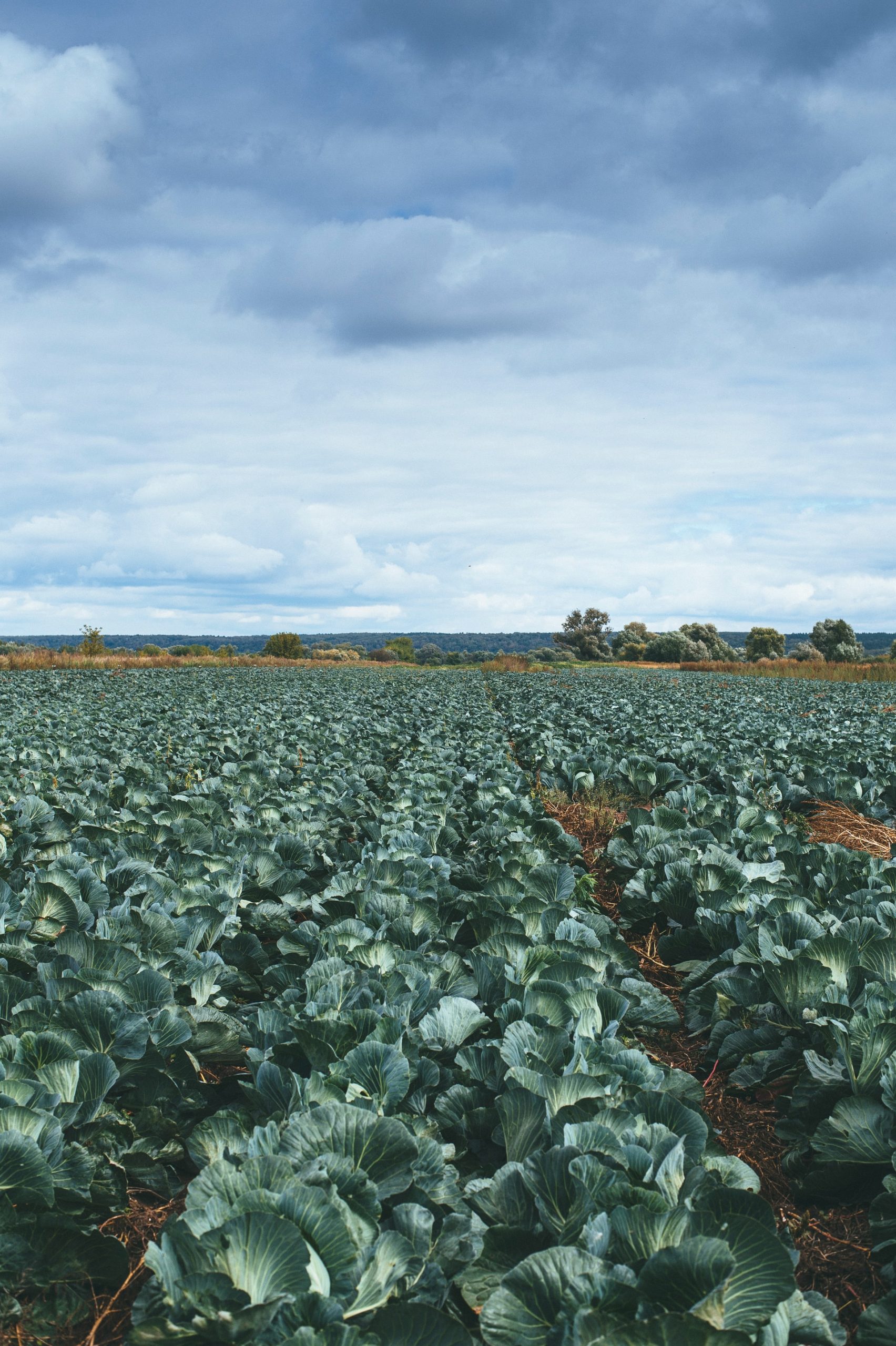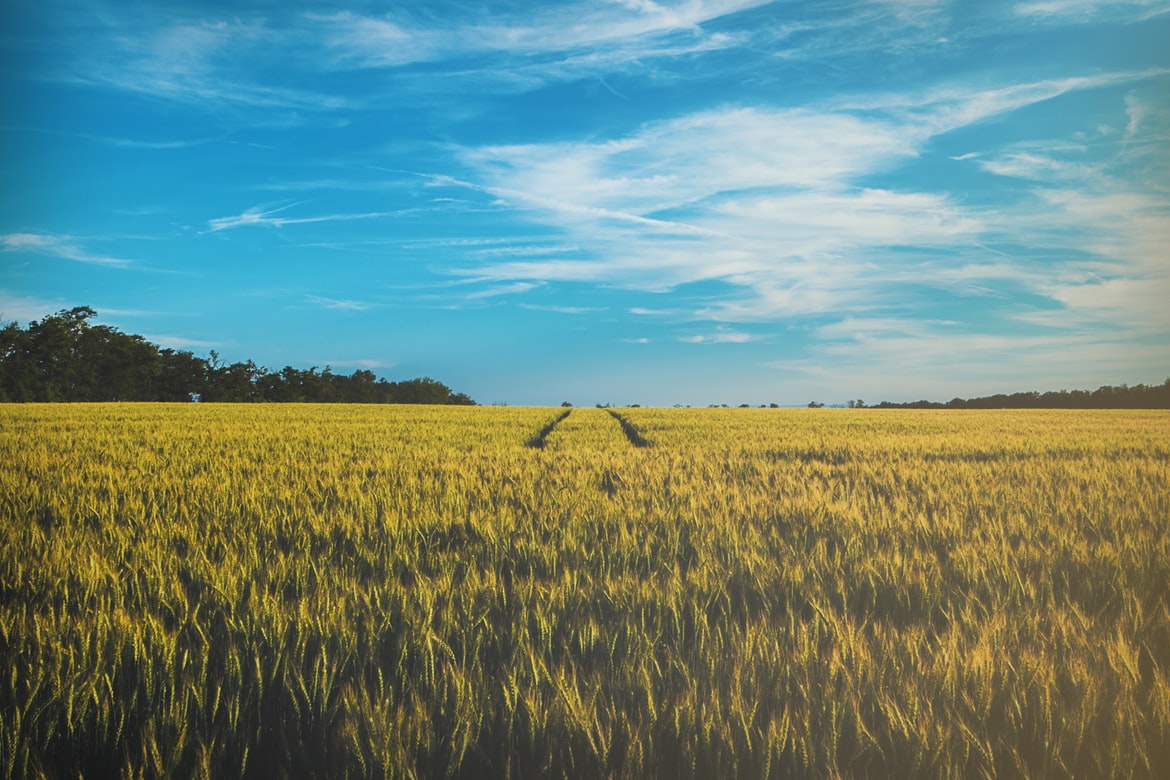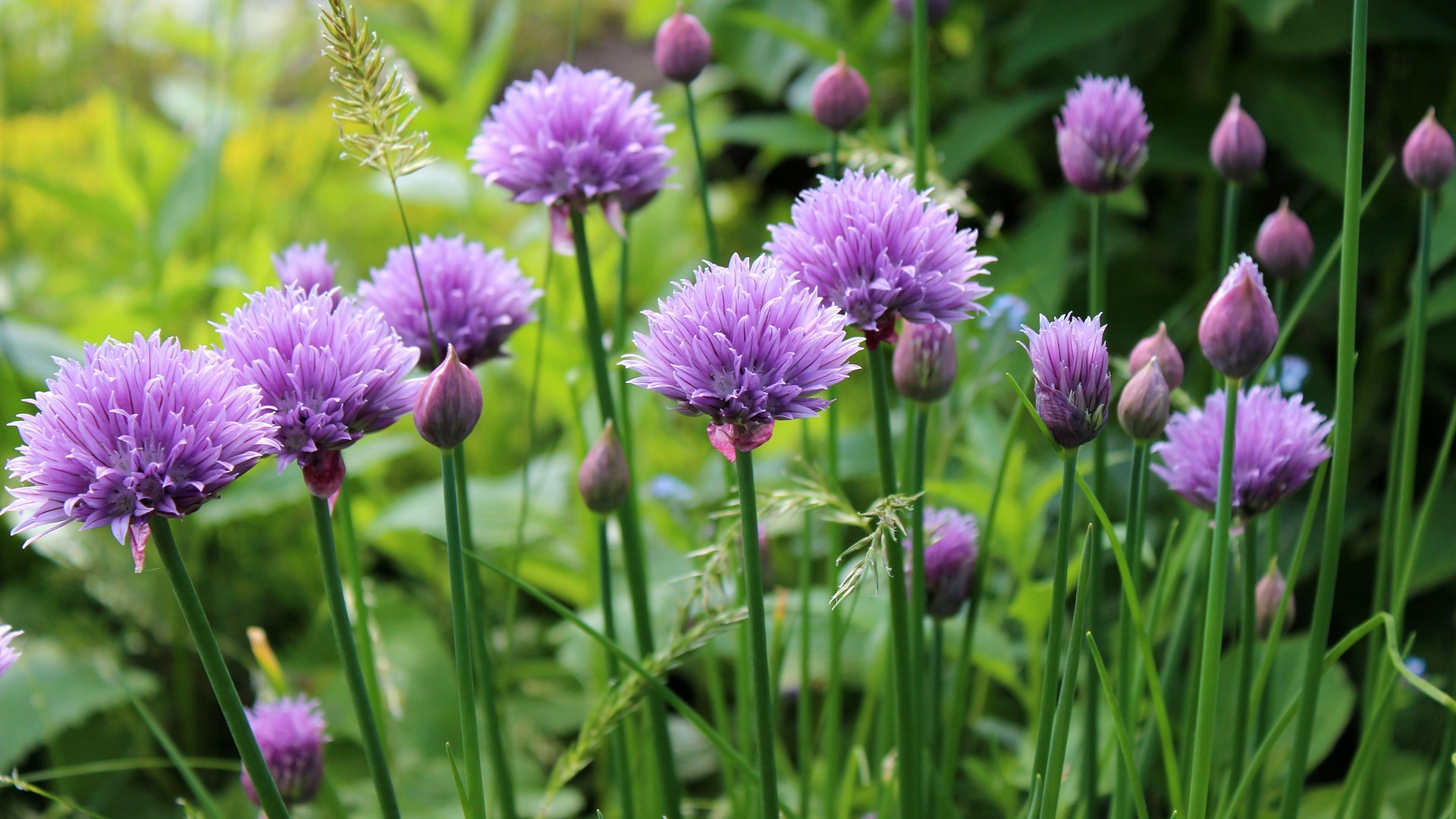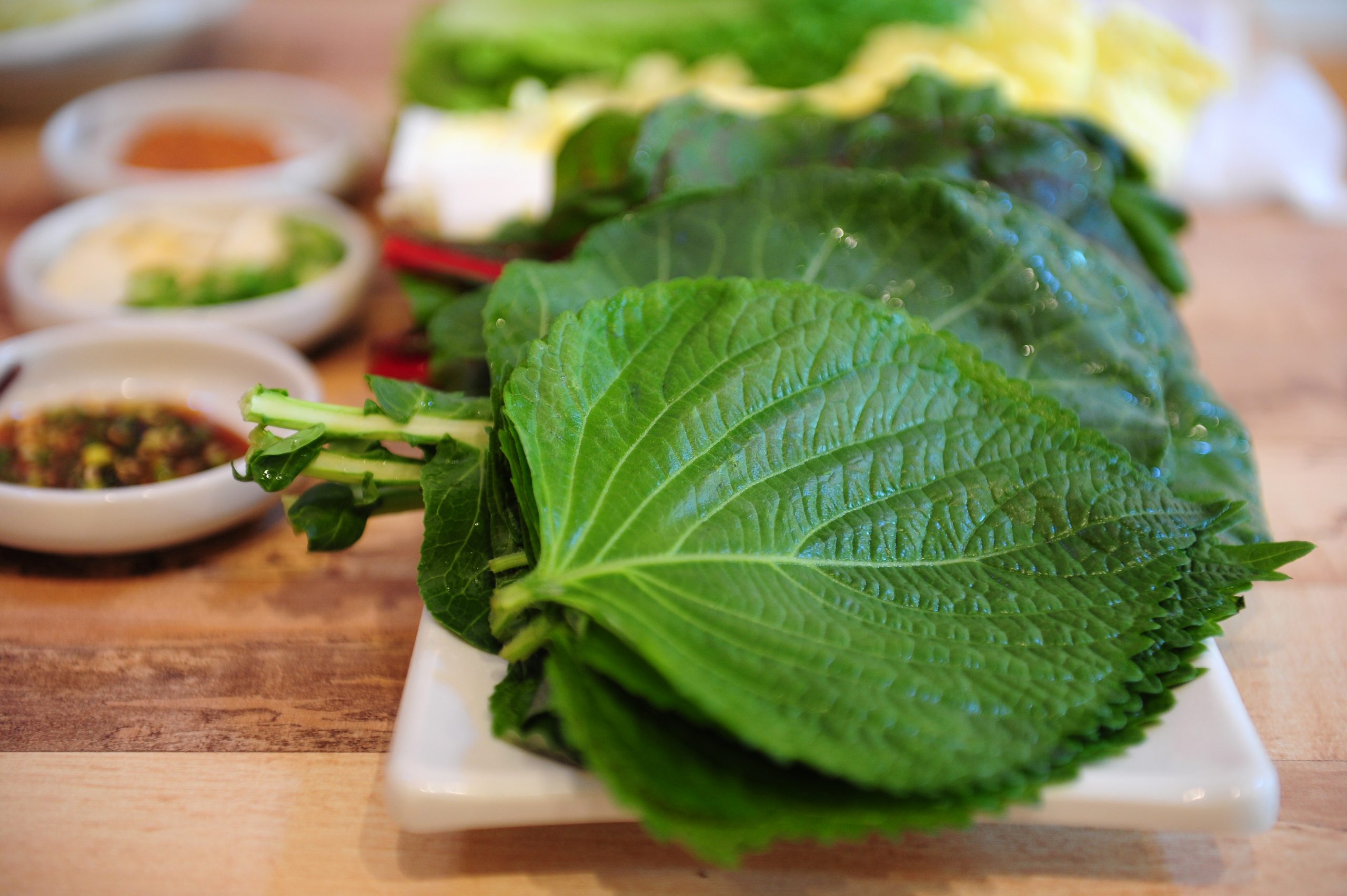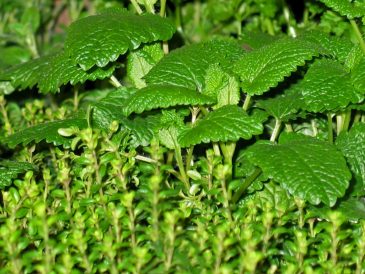What are the stakes? Precision farming originated in America in 1980. It is a concept that uses modern technologies such as connected objects and robotics to improve farm performance. But what is precision agriculture? We’ll explain it all to you!
Precision agriculture: what exactly is it?
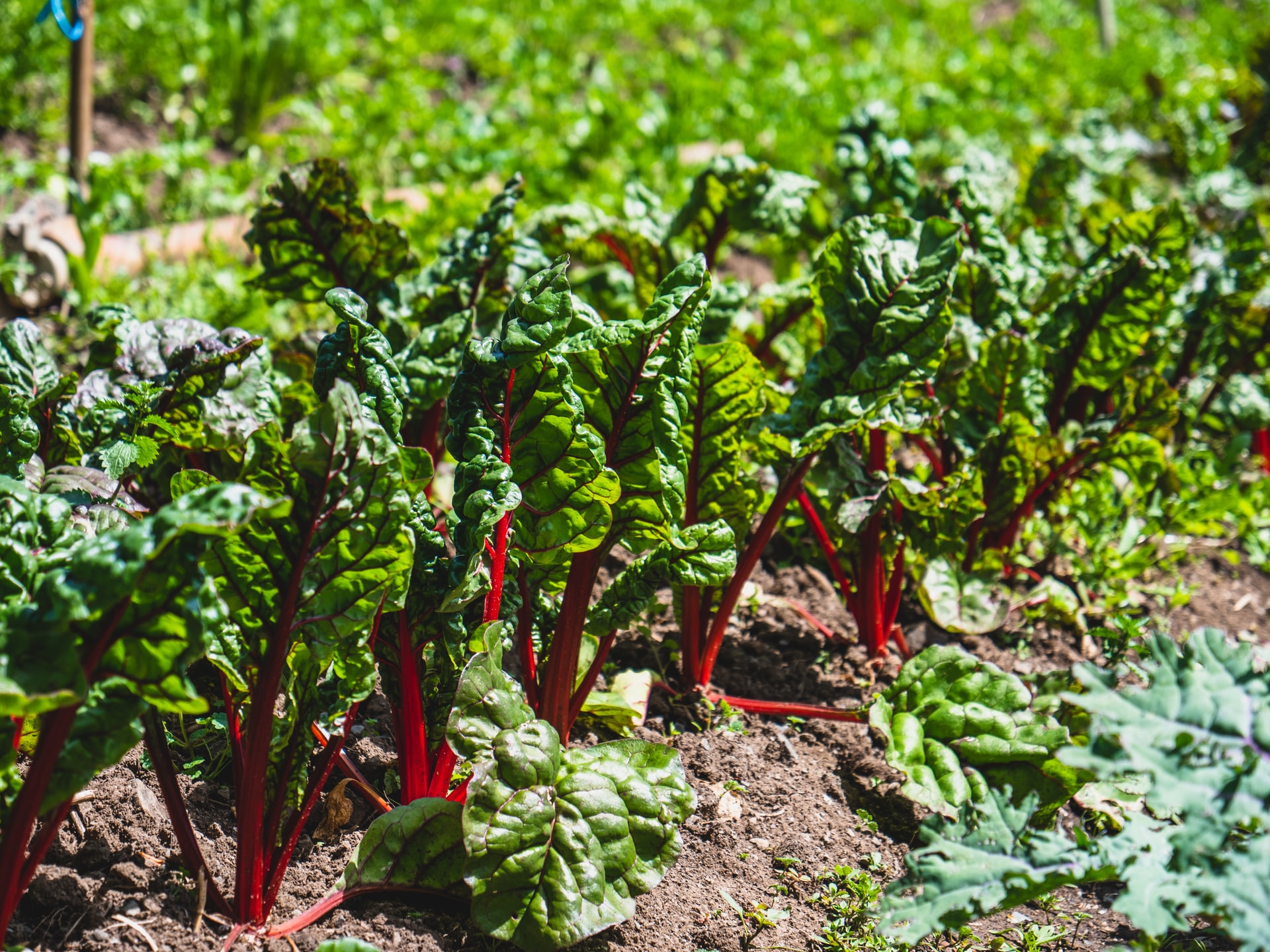
Precision agriculture is a technique that optimizes the yield of a plot of land and reduces the consumption of inputs and energy. It is an ecological solution because its objective is to produce more, and this is in total respect of the environment.
There are many means of observation used in precision agriculture. These devices are often associated with several decision support tools, such as mobile and web applications. This leads to a much better result. Connected sensors, drones, satellites…
Why are farmers using drones and sensors?
The use of drones, robots, and sensors is essential in precision agriculture. These new technologies work a bit like a connected weather station. Indeed, the latter is often placed in a field and sends signals or rather information about air temperature, humidity, rainfall, and wind speed to a computer. The data collected can be used to prevent the risk of bad weather (such as frost) and diseases (such as septoria and mildew).
The sensor
This device makes it possible to analyze the state of health of the plants and the soil. This new tool also helps the farmer to find harmful genetic mutations or the proliferation of microbes easily. In addition, computer vision, image recognition, and algorithms help identify the needs and conditions of the fields.
Satellite images and drones
Images taken by drones and satellite images are also of great use in precision agriculture. Indeed, these images allow observing, monitoring, detection, and collect data. As the sensor, they can be used to assess the risk of disease but also to develop precise agronomic maps.
The three challenges of precision agriculture
The challenges of precision agriculture are agronomic, economic, and environmental.
An agronomic issue
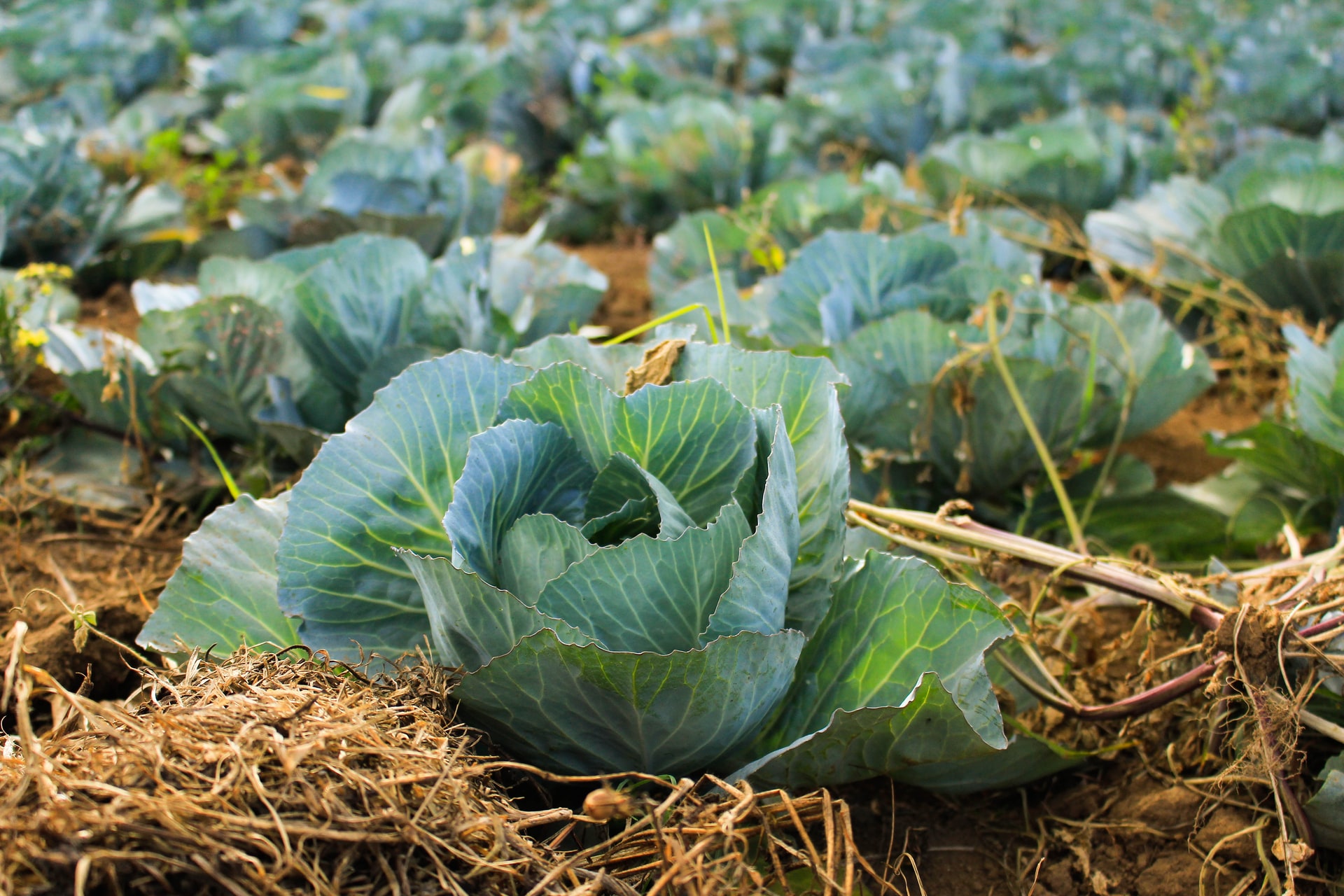
This is an agronomic issue because precision agriculture allows farmers to adapt to soil types and weather conditions easily. Indeed, professionals have developed highly developed regulation tools that optimize plant protection against the effects of global warming.
An economic issue
The objective of precision agriculture is to produce more economically. However, this does not mean that the use of the new technology has no value. It is in fact, used to improve the farmer’s work.
An environmental issue
Precision farming has an environmental issue, as it aims to reduce the ecological footprint of the entire agricultural activity. The other advantage of this practice is that it reduces the energy consumption of the machines used. It also reduces synthetic inputs while promoting good water management.
Precision farming: a state-of-the-art agriculture
Previously, precision agriculture was reserved for a small number of farmers. This was also the case in France because it requires a very large investment: the acquisition of knowledge, equipment, and skills.
Now, everyone can be equipped and connected, and this is thanks to the support offers that are more and more efficient and numerous. In addition, the techniques adopted in precision agriculture are easier to use and are much more mature. The same is valid for products.
Gardening for youngsters

According to a 2019 study, plants are said to be a therapeutic tool and can help one if one has a mental illness. This is where the idea of horticulture therapy stems from, and there are special programs for kids and teens. Gardens have been shown to reduce stress and depression levels while promoting productivity visibly.
By taking up the garden, your kids spend less time on their phones and social media, which can improve their attention span. Green spaces like a garden filled with fresh air, shrubs, trees, and plants enhance kids’ attention span, even for those who have ADHD (Attention-Deficit/Hyperactivity Disorder).
Research has also shown kids who spend a couple of minutes outside surrounded by nature have been shown to boost their ability to concentrate and focus. So, telling your kids to mow the lawn might be more beneficial for them than you think.
Sound off in the comments section below and tell us your thoughts on precise agriculture.

